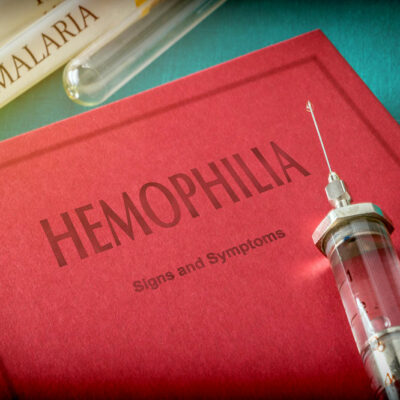
10 Foods That Reduce the Symptoms of Depression
Depression is a mental health disorder in which the patient experiences low mood, low motivation, and often difficulties taking care of themselves. While there are many options to help deal with the symptoms of depression such as in-person or online therapy, and many drug options such as a Caplyta prescription or a Fetzima prescription, lifestyle changes can make all the difference. That’s why we’ve compiled a list of the top 10 foods that can help reduce the symptoms of depression:
1. Oysters
Studies show that increased levels of polyunsaturated fatty acids can help reduce symptoms in patients with depression. Luckily oysters are high in these fats, and have been linked to lowering symptoms of depression through many studies. They are also a great source of zinc which helps with day to day brain functioning, mental clarity, and focus.
2. Dark chocolate
In a study it was found that people who ate a little less than half an ounce per day of dark chocolate in the prior 24 hours were 70 percent less likely to report depression. Dark chocolate is high in flavanols which is shown to help with cognition and mood and can also be found in red wine and berries. It also contains phenylethylamine which causes the brain to release dopamine, a chemical that can make people feel happier.
3. Leafy greens
Leafy greens are versatile and nutrient-dense foods that are full of folate, something that your brain needs to function and has been shown to have mood-boosting effects. They also contain high amounts of vitamin C which helps with healthy brain aging and boosts mood. Examples of leafy greens include kale, spinach, collard greens, cabbage, romaine lettuce, watercress, and more.
4. Brazil nuts
These nuts contain ellagic acid and selenium, both of which are great for brain health as they enhance mood. Studies have also found that ellagic acid has an antidepressant-like effect on the brain. Brazil nuts are also shown to increase serotonin levels in those who eat them, which improves mood and can make people who eat them happier.
5. Fatty fish
Fatty fish such as albacore tuna, salmon, anchovies, mackerel, and more are high in omega-3 fatty acids. Studies show taking fish oil supplements or eating fatty fish like these improved symptoms of depression in patients. Omega-3 fatty acids are also known to boost mood, which can help with depressive patients suffering from low moods.
6. Whole grains
Whole grains are a good source of vitamin B-12 and folate. Both of these vitamins help to protect and maintain the brain. They also can help to reduce the risk of mood disorders, such as depression due to their mood boosting effects. Many whole grains also contain high levels of tryptophan, an amino acid that is crucial for the synthesis of serotonin.
7. Avocado
Much like leafy greens, avocados are rich in folate. Folate can help to reduce the risk of depression by boosting mood. Avocados also contain a high amount of vitamin K which studies show help boost mood and can reduce the symptoms of depression.
8. Tomatoes
A study found that those eating tomatoes two to six times a week were 46 per cent less likely to suffer from low mood than those who ate it less than once per week. Tomatoes are packed with lycopene, an antioxidant that reduces stress by increasing levels of dopamine in the brain.
9. Beans
Beans are rich in the mineral magnesium and the amino acid tryptophan, which both have been linked to improvements in mood and mental well-being. In a study it was found that subjects who didn’t have depression were more likely to be regular consumers of beans. Beans are also high in B-12 and folate, magnesium, potassium, and iron, all of which are good for overall brain health and mood boosting.
10. Eggs
Eggs are great for mental health and for reducing symptoms of depression because they are high in vitamins D which can help ease depression and anxiety. They also contain choline, a nutrient that’s needed for the production of a neurotransmitter that impacts the part of the brain responsible for regulating mood and reducing stress.
Overall, there are many foods that can help reduce symptoms of depression. Lifestyle changes such as exercising more and drinking more water can also help. However, if your depression is caused by a medication such as a high Relugolix dosing, it may be time to talk to your doctor about lowering the amount of medication you are taking. Luckily some medications such as a Rexulti dosing is beneficial for your mental health. It’s always best to consult your doctor when it comes to questions about health or prescription drugs.


